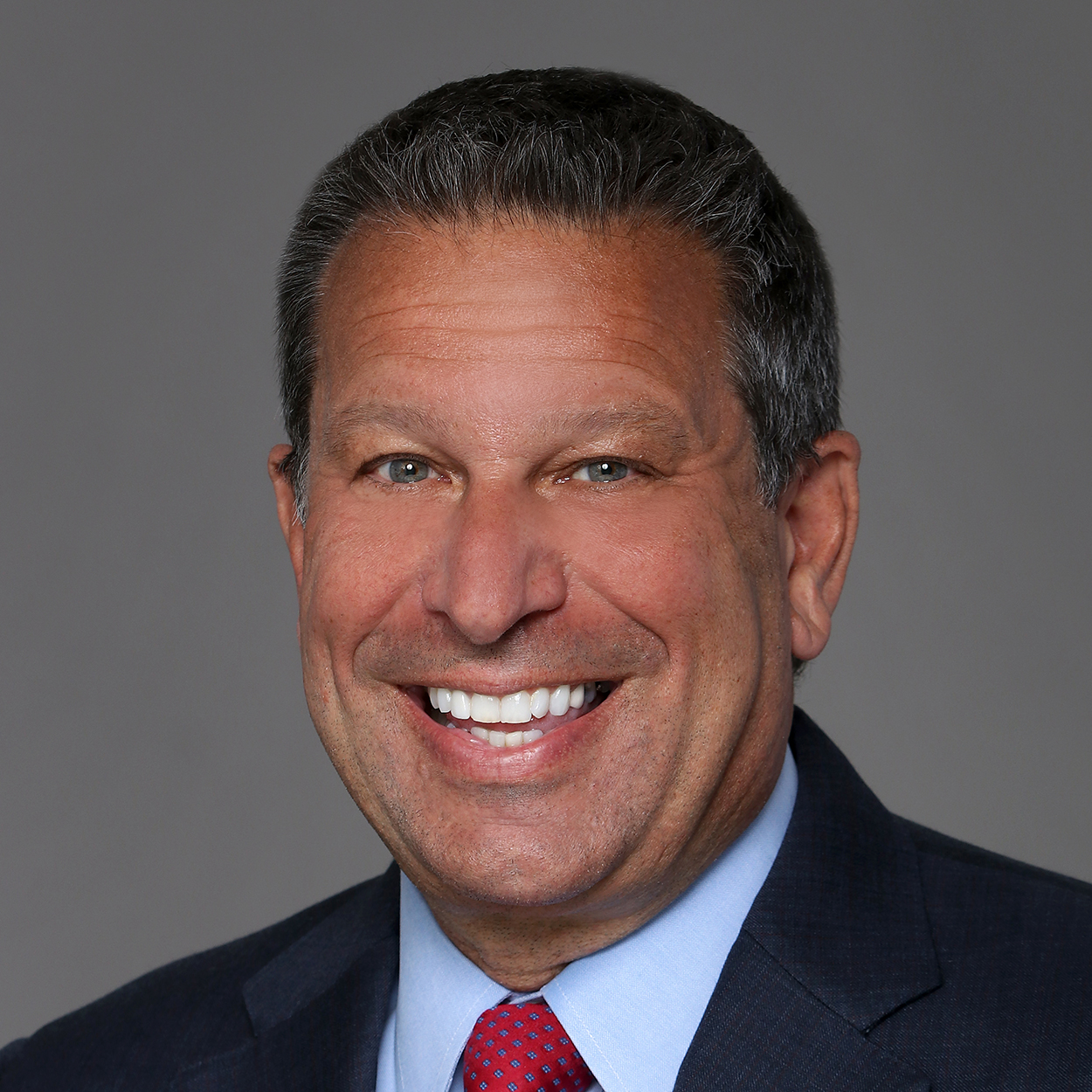Inspirational Stories
Rick
Volunteer
Rick Ostroff and his family have a legacy of philanthropy with a heartfelt connection to a disease he never had. During the first three years of his life, he spent time on the leukemia floor of Children’s Hospital in Boston but eventually was found to have the critical illness of gamma globulin anemia rather than then-fatal leukemia.
“In 1960, if you were diagnosed with leukemia, either the disease or the medicine would kill you,” Ostroff said. His thankful parents Jules and Bonnie Ostroff started the local Upstate New York Leukemia & Lymphoma Society (LLS) chapter in 1962 and went on to serve in leadership roles locally and nationally. Today, Rick is the Chair of this very same chapter.
“I just can’t work hard enough to repay God or whatever power it was for letting us keep Ricky,” his mother Bonnie Ostroff said in a newspaper interview recognizing her and her husband, Jules, for their LLS work. It wasn’t until recent years, however, that Rick read that 1968 article and discovered he was the reason for their dedication. “Because I was so young when I was sick, I never had that conversation with my parents,” he said. “I learned it was very personal, very meaningful.”
In fact, learning his mother’s words motivated Rick to create a $100,000 travel fund for families of pediatric cancer patients at the Melodies Center for Childhood Cancer and Blood Disorders.
“Leukemia is a very costly disease,” Bonnie Ostroff had said. “People who normally can take care of their families, own a home and a car, can’t cope with the additional costs of constant laboratory tests and medicines.”
In 2017, Rick established the Jules and Bonnie LLS Family Support Fund to cover costs that are not covered by insurance, such as gas, parking, tolls, and meals for families whose children have been diagnosed with blood cancer at The Melodies Center in Albany. Rick describes this as “an opportunity to make a lasting memory on behalf of everything my parents valued.”
That generosity lengthens an already long list of his engagement with LLS, including serving as the Board Chair for the Upstate New York/Vermont Chapter, corporate co-chair for the Albany Light The Night Walk (LTN), and he sits on the LLS National Corporate Council. Rick also was named LLS’s 2016 Albany Man of the Year.
While decades ago many people were uneducated about leukemia, Rick said, “It now seems everyone is touched by it in some way.” And in the two decades since the 9/11 terrorist attack, that includes the first responders to New York City’s World Trade Center.
“I’d read about another first responder dying from leukemia,” Rick said. “I was asked by Dr. Lee Greenberger, Chief Scientific Officer at LLS, to get the ball rolling for research funding.”
Researchers Dr. Amit Verma, MD, and C. Ola Landgren, MD, Ph.D., collaborating with David Prezant, MD, Chief Medical Officer for the FDNY, are hoping for approval of a $1 million request for funding as part of the upcoming New York State budget for a project aimed at early detection of hematological mutations in first responders after 9/11.
Following the path of an already proven link between post-9/11 multiple myeloma cases among World Trade Center-exposed FDNY firefighters, researchers plan to sequence all 2,000 FDNY first responders and correlate with exposure, age, gender, and other clinical variables. The effort, according to Dr. Prezant, will help with early detection, early treatment, and improved clinical outcomes as well as increased knowledge of how environmental and occupational exposures influence clonal hematopoiesis-associated mutations.
Hearing that funding was needed for the research at the Albert Einstein College of Medicine, Rick tapped his family tradition of service and threw his efforts behind advancing the project.
“We know if we do this, many illnesses can be detected earlier, allowing for earlier treatment and fuller lives,” he said. “It’s a very compelling cause. We’ve seen the 20th anniversary of 9/11, and that’s very meaningful to a lot of people. Everyone knows someone at 9/11 or has been impacted by it, hurt by it.” His own memories of 9/11 in New York City were terrifying and surreal, he said. “It’s not stuff you ever forget. These first responders never asked for anything. They did what they had to do to save lives. Now they need our help.”
There’s no lack of new avenues for Ostroff’s dedication to making a difference. Rick also is turning an eye to health disparities across the country.
“So many in poorer communities have no resources, no hope for survival,” he said. “The impact is so great for so many.”
Part of his motivation, he said “is the amazing work LLS does, the successes. I think about a baby who would have died when I was born who today would have a 90% chance of survival, that’s an amazing story.
“My parents had the foresight and desire to help find a cure. To continue that is my mission and legacy. There’s still so much more to be done.”
